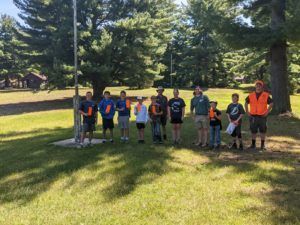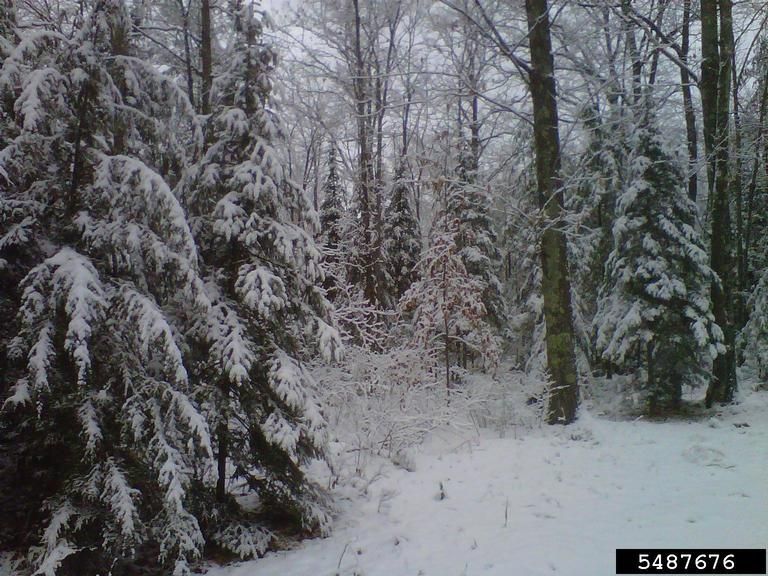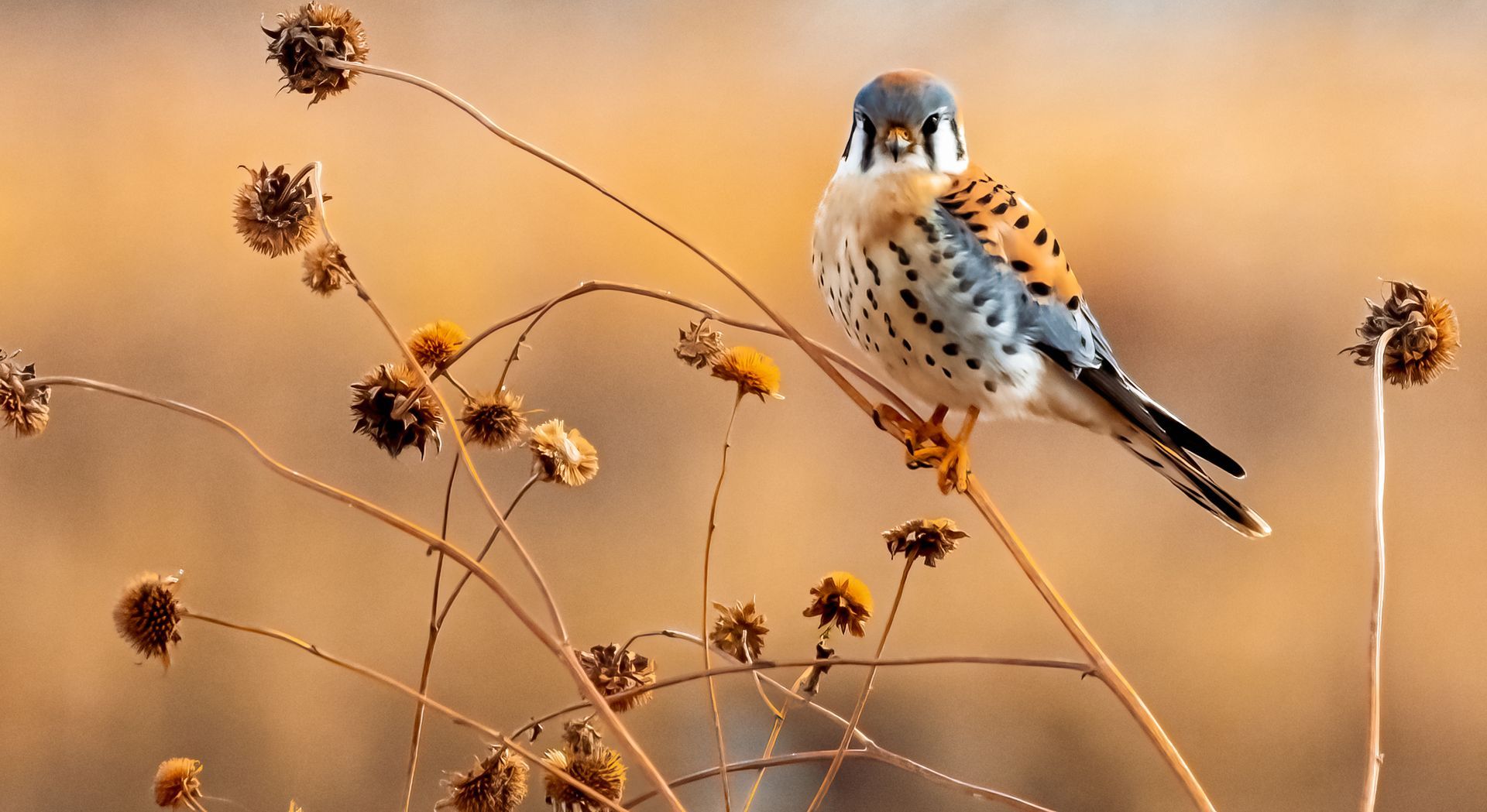How to Become a Hunter Education Instructor
As the demand for hunter education classes continues to outpace the availability of current instructors, there is a need to expand the current pool of people who are able to teach hunter safety in Michigan. Currently, the only way to expand that pool is to get more people to become certified instructors. Becoming an instructor is a rewarding opportunity to give back to the hunting heritage many of us love. If you already know you want to become an instructor and aren’t sure where to start, visit the DNR website at https://www.michigan.gov/dnr/about/get-involved/volunteer-recreational-safety-instructor.

If you would like to learn more about the process read on:
Why should I become an instructor?
- The program provides the instructor with the means of helping make a safe sport even safer.
- The program provides the instructor with an avenue of input into the statewide recreational safety programs.
- The program provides the volunteer an opportunity to help others and serve the community.
- The program provides the instructor with the means to help ensure the future of outdoor recreation in Michigan.
Qualifications
An individual desiring certification as a volunteer instructor must meet the following requirements:
- Be at least 18 years of age.
- Be a high school graduate or possess a graduate equivalency diploma (GED).
- Have no felony convictions.
- Have no misdemeanor convictions within the past three (3) years.
- Have no Natural Resource Law convictions that could result in the revocation of license privileges within the last five (5) years. Other convictions of Natural Resource Law violations are subject to review and may result in the rejection of any application.
- Have a background that is free of any negative implication or activity which would bring discredit to the recreational safety program(s) as determined by Recreational Safety, Education, and Enforcement Section (RSEES) staff.
- Have and maintain high moral character and ethical standards as determined by RSEES staff.
- Be a graduate of the appropriate student recreational safety course.
What is the process to become an instructor?
- Complete and submit the instructor application in Volunteer Manager at https://michigan.volunteers.kalkomey.com/.
( Applicants are required to complete the entire application process within six months of submitting their application unless an extension has been approved. - Once the completed application is submitted and received, a background investigation will be completed.
- If the applicant passes the background investigation, an information packet will be mailed to the applicant containing the instructor test, test study materials, and policies and procedures manual. *Hunter, bow, and trapper applicants must also complete the mentor process. See below for details.
- The applicant completes the instructor test and returns it in the provided self-addressed stamped envelope. RSEES will grade the instructor test. A minimum score of 90% is required to pass.
- Once the applicant has passed (and the mentoring process has been approved for hunter, bow or trapper only), RSEES will notify the applicant they have successfully completed the process and will be certified as an instructor. RSEES will mail the newly certified instructor their instructor packet and email them their Event Manager login information.
- To become an advanced hunter education instructor (bow hunter and trapper education), applicants must be a hunter education instructor first. In addition, the applicant must also have completed the student course for the discipline they would like to teach.
*Mentor process
For hunter, bow and trapper applicants to complete the certification process, they must seek out a current active certified instructor in the discipline they are applying for as a mentor. The applicant must student teach with the mentor and demonstrate the skills necessary to become an instructor. Applicants needing assistance in finding a qualified mentor can email RSEES at DNR-LED-RecSafety@michigan.gov.
The hunter, bow or trapper applicant will email their chosen mentor’s contact information to RSEES at DNR-LED-RecSafety@michigan.gov prior to the start of the mentorship process. RSEES will email the mentor a link to an online form to complete.
The mentor will be required to approve each of the following criteria for the applicant and also record the date(s) of the class(es) the applicant student taught on the online form.
- Knowledge and understanding of policy and procedure
- Demonstrate how to set up and teach a class/field day
- Knows the program material and has the platform skills to teach
- Navigate Event Manager:
- post classes
- record instructor hours
- order student materials
- pass/fail students
When the applicant is proficient in the above, the mentor will complete and submit the online mentor form. RSEES will review the submitted form for approval.
All this information and more can be found on the DNR website https://www.michigan.gov/dnr/about/get-involved/volunteer-recreational-safety-instructor
The post How to Become a Hunter Education Instructor appeared first on Michigan United Conservation Clubs.



